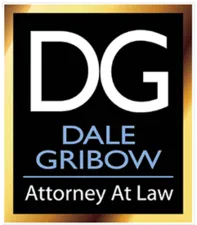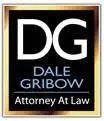Blog
This blog post can not be found
Contact the Firm
Our Location
--mi
Dale Gribow Attorney at Law
Address
73061 El Paseo, Suite 220
Palm Desert, California 92260
Contact Information
760-837-7500



